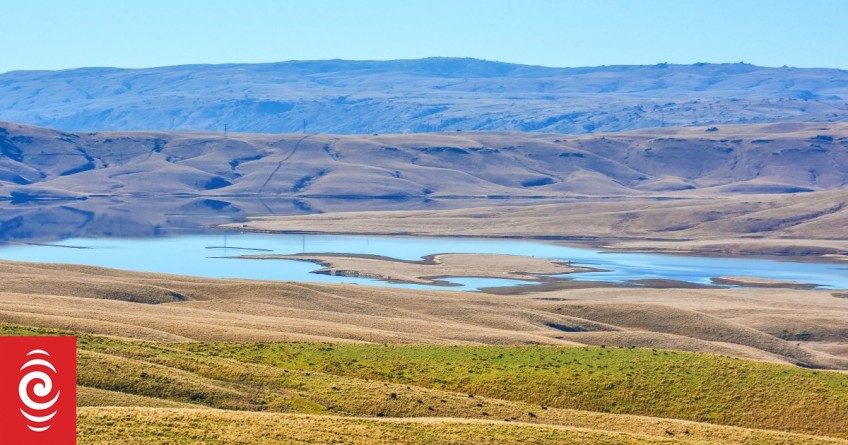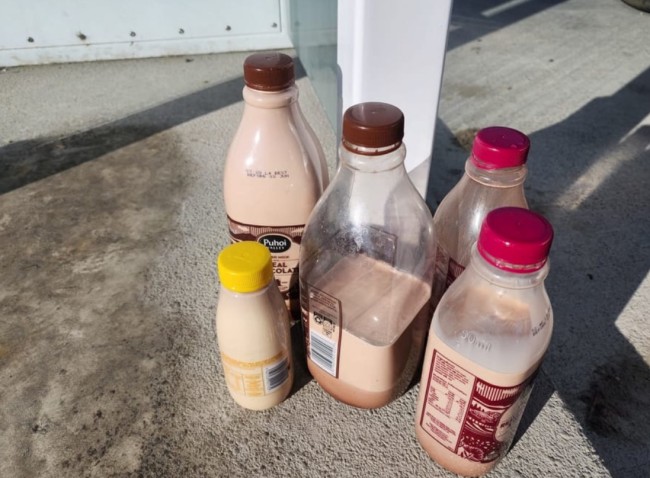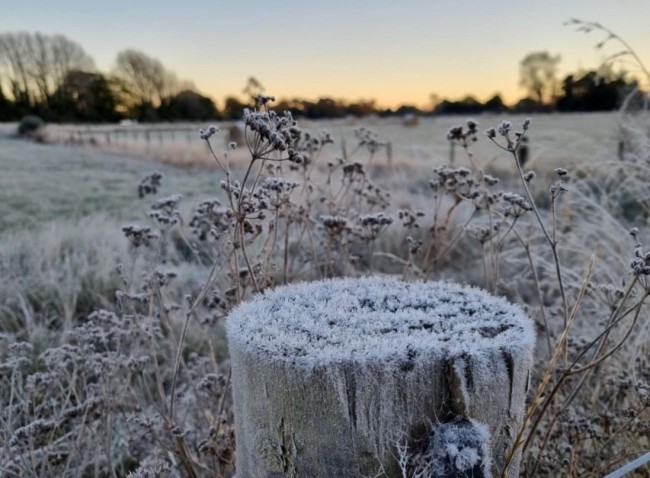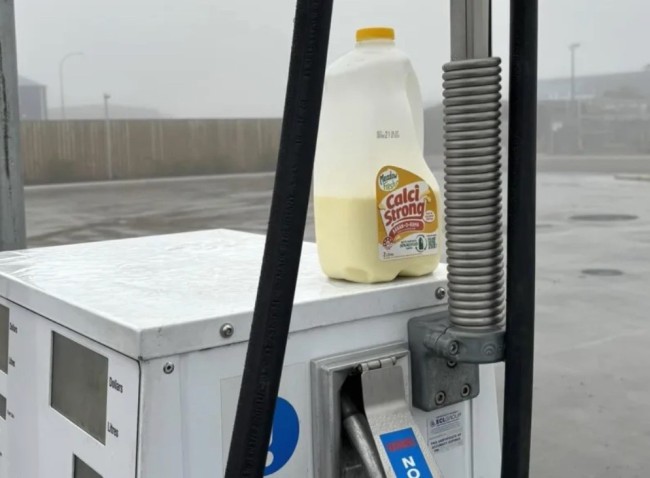
Lake Onslow cost estimate rises almost 300 percent to $15.7b
A proposed pumped hydro scheme in Central Otago is now estimated to come with a price tag of almost $16 billion - four times more than original projections.
And the National Party is promising to cancel it, should it win the upcoming election.
The Lake Onslow project is designed to serve as a giant battery to help protect against hydro electricity shortages and create more stability in the market. It normally functions like a hydro power station, but with water pumped back up when power is cheap so it can be used to generate electricity in dryer times instead of making up the shortage with fossil fuels.
Energy and Resources Minister Megan Woods said on Thursday the government is moving ahead with the proposal. A detailed business case is expected by late next year.
"Until we address the dry year problem, we will continue to rely on burning expensive and polluting fossil fuels to produce our electricity. That's bad for the climate and our power bills."
The cost was originally estimated at about $4b - about a quarter of the new $15.7b figure.
An alternative option "including a combination of comparator technologies and scoping a possible smaller pumped hydro scheme in the central North Island" would cost a bit less - $13.5b - but have higher ongoing costs, she said.
It could be up to two years after the business case is delivered for a decision to be made on whether to push ahead with construction, which would take up to nine years.
"At a time when we should be reigning in spending and focusing on improving the outcomes for Kiwi households, Labour remains fixated on a massively wasteful project which will not be delivered until at least the mid-2030s," said National energy and resources spokesperson Stuart Smith.
"Lake Onslow is a gigantic, hugely expensive white elephant boondoggle that Labour should consign to the dustbin of history."
Newsroom reported that National deputy leader Nicola Willis said gaps in electricity generation could be covered by "fossil gas" and geothermal, which Green Party co-leader James Shaw said was not an option.
Woods said the government was continuing to look at other options in addition to pumped hydro, including "biomass, flexible geothermal energy, and hydrogen".
"The next phase will be to dig even further before we look at spending such a huge amount of money, but one thing we do know is that doing nothing to plan for climate change is not an option.
"We have a choice to take a short-term view and continue to pay for the increasing costs related to climate change or to be bold and take a long term view, for the good of the country."
Smith promised National would make it easier to get consents for renewable energy projects. Willis told RNZ taking it "off the table could unlock more investment elsewhere".
"We also think getting the consenting regime better is critically important. At the moment there can be delays of up to, I'm told, nine years to get a new wind farm consented."
Business groups, including the BusinessNZ Energy Council (BEC) and Energy Resources Aotearoa - which represents fossil fuel interests - were also opposed to the scheme.
"Clean energy storage solutions will be an important part of our energy system today and in the future, BEC executive director Tina Schirr said. "Unfortunately, the pumped hydro solution at Onslow will come too late to address the immediate issues facing the energy sector."
Energy Resources Aotearoa chief executive John Carnegie said the cost of a similar pumped hydro scheme in Australia has seen its cost blow out to 10 times the original estimate.
"Our own analysis shows additional natural gas storage, in combination with demand response and new generation, will provide the seasonal and fast-response backup we need at much lower cost."
Main image (Shellie Evans 2014/Wikipedia): Lake Onslow.

























